The world wants to go green, and mobility has been reduced since covid. The transport needs will not ever be the same as pre covid times and its declining globally (EY Mobility report 2022). However, the demand for Electric vehicles is rising rapidly the same report says. Which is at 20% for pure electric and over 50% with some sort of battery like PHEV.
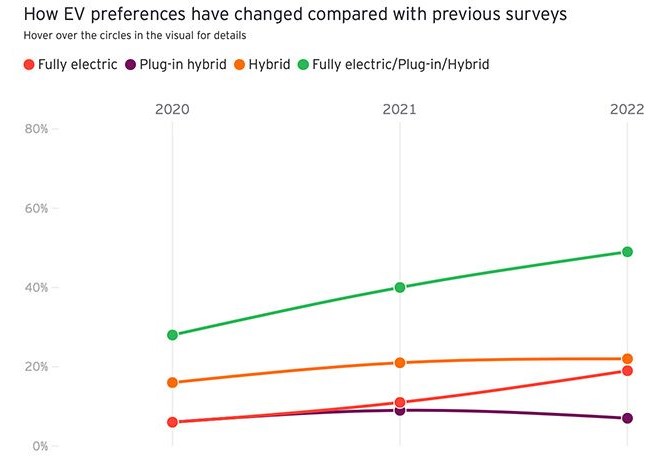
The key question of EV buyers now is “What EV to buy?” This is a million-dollar question whilst making a large investment of this nature, where there’s still a premium on corresponding ICE counterparts of the most.
There are many great electric cars available in the world from most global makers nowadays. And there are many factors affecting EV decision-making like Local Context, Usage needs, Homologation, Warranty terms, Teething problems (with the newly offered products), Technical compliance, Repair and maintenance barriers, costs, Resale values, etc.
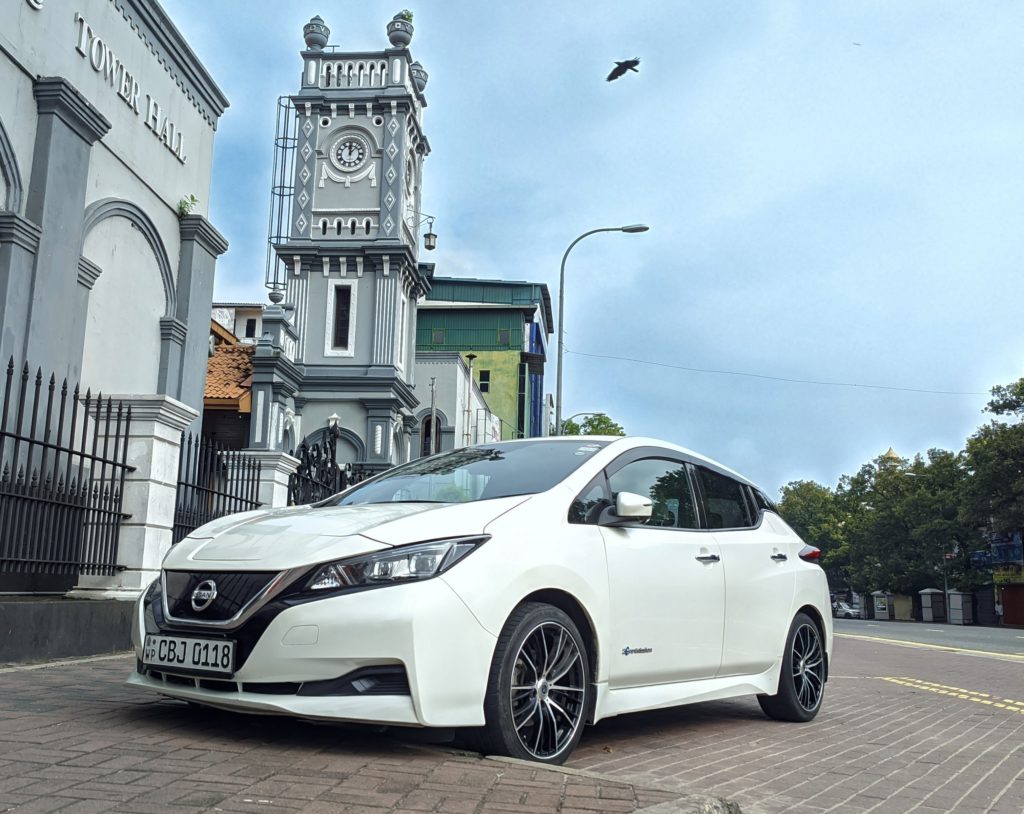
The Sri Lankan Story.
There is an opportunity to import an EV for foreign revenue earners who work overseas nowadays. This is a great opportunity now since even the Luxury TAX threshold has been increased to LKR 12 Million with immediate effect as we reliably learn from the Ministry sources (as of 29.12.2022).
In deciding the ideal EV to treat the needs, investment, and happiness targets there are many factors a Sri Lankan should consider. Being in the local EV ecosystem and support services for over half a decade eMotion / Mobility Alliance wishes to share the complexities, adversity, and repercussions, explaining all that you need to know before you make that viral decision!
The user parameters and the EV should work in synergy in the given infrastructure. There are products available from Toyota, Nissan, Hyundai, Kia, BYD, etc from Asia and Tesla, Mercedes, Volvo, Audi, VW, etc from the US and the EU. Let’s have an idea about how these products will serve you in the Sri Lanka context on each of the above parameters.
Most major brands are great but the destinations intended are not the same, and some are not good. Let’s talk about the context in Sri Lanka, where the conditions are much different including a car import ban across the board.
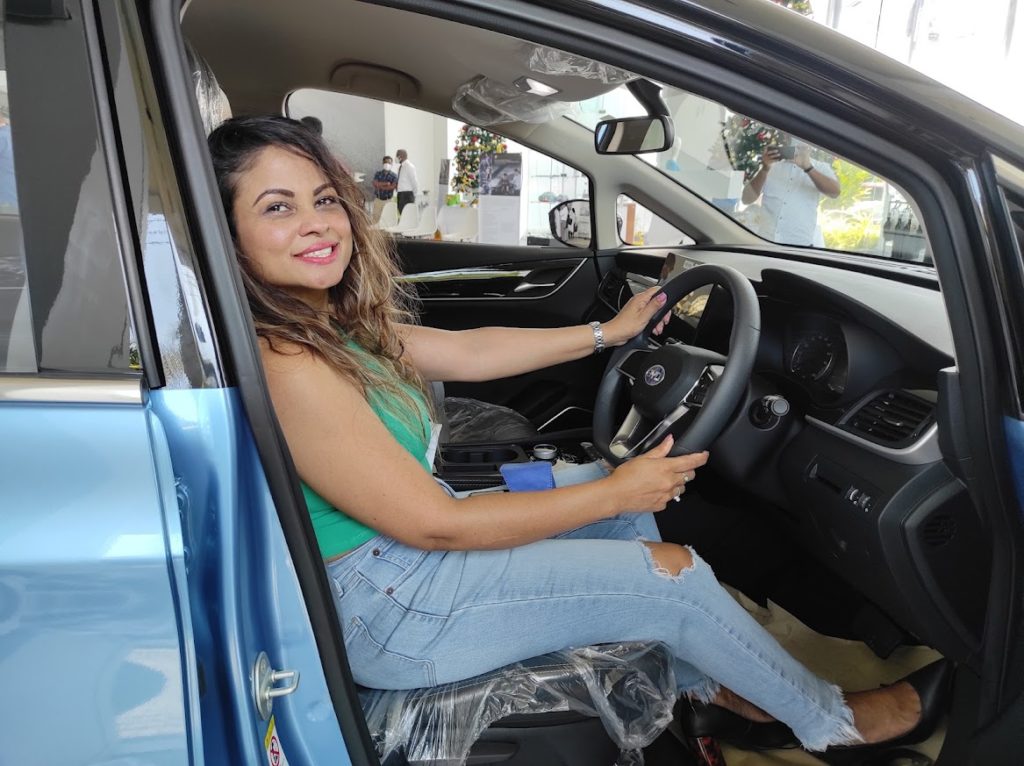
Please note that the information here is based on the available data and our own assessment to ease up your decision-making in general only. The specific applications will be different, and you may inquire about eMotion / Mobility Alliance for clarification and personal consultations.
The Build Quality
When we speak of build quality, what comes first is the Fit and Finish. Then comes longevity and reliability. Needless to say, Japanese brands lead the pack with their century-old production systems, which is common for both ICE and EV. However, electronics make the only difference, which includes batteries.
Nissan Leaf has proved its build quality over a decade of usage on Sri Lanka roads. Toyota BZ4X cannot be bad, although not been tested in Asian conditions. Hyundai from Kora fit and finishing levels are very close to the Japanese, yet to know how long-lasting those will be.
Not to underestimate the global players from China, BYD. They are delivering worldwide, with big applause for other overall delivery. We tested the fit and finish, and the trim levels of BYD New e6 with ample rides on our kinda roads, which was very pleasant.
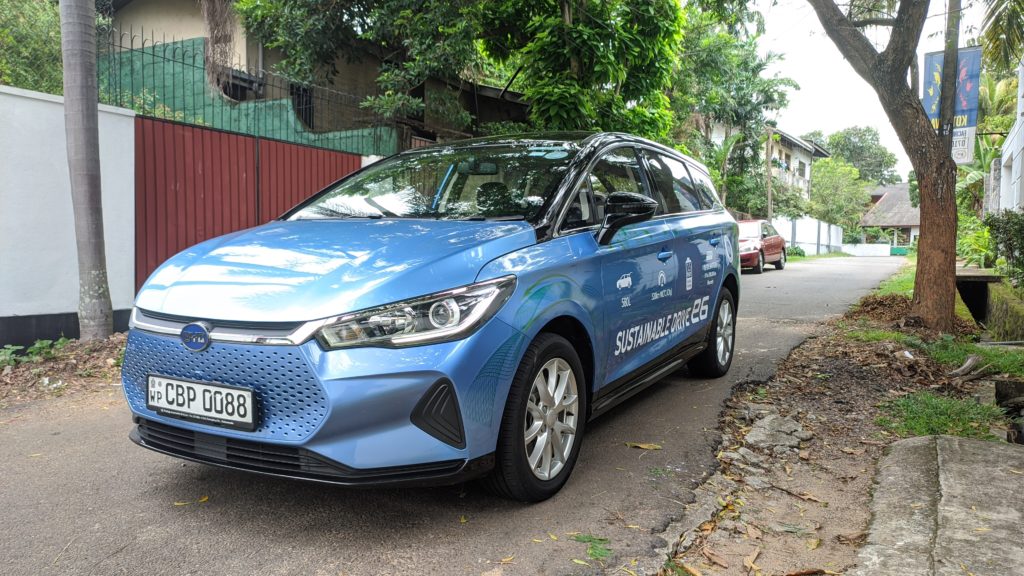
Then comes the MG, competing even with BYD in Europe. The ride feelings are okay, but the plastics are a little less refined compared to the rest. We shall elaborate on these in the brand and values section as well.
Usage Needs
There are several parameters for the usage and the patterns. The prime sectors are Distance, Terrain & Space.
Distance – Minimum and Maximum
As a rule of thumb, EV s do need to be used regularly. If your and your family/business usage patterns are not regular (rather frequent) you may need to review your decision in buying an EV. For example, you got no daily usage but weekly a trip might be hazardous. On average about 2,500 km a month, that is to say about 50 KM + a day with weekend running will be kind of a reasonable case. More the better and more the benefits. If your monthly usage is less than 1,000 KMS having an equalling ICE will be a better decision. However in the context of not having cars made after 2020 in the country your EV decision might be still valid.
Maximum usage will be explained in the Range section.
Clearance and Terrain
The road conditions do matter. If you frequent off-road conditions think of a higher-clearance car. Although there are many SUV typos available only Nissan Ariya offers 200 mm + clearance. The next best heights come from BYD Atto3, Hyundai Kona, and MG eZS, which all are within the 170mm to 177 mm range. BMW iX3 stays ahead of the pack with 179 mm clearance.
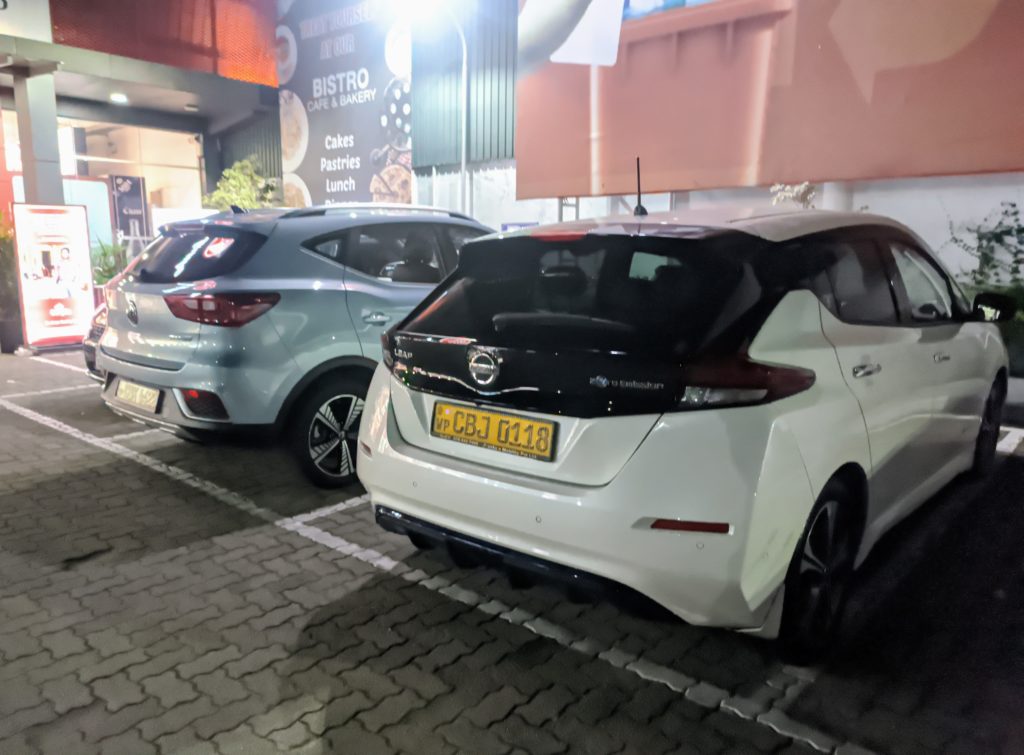
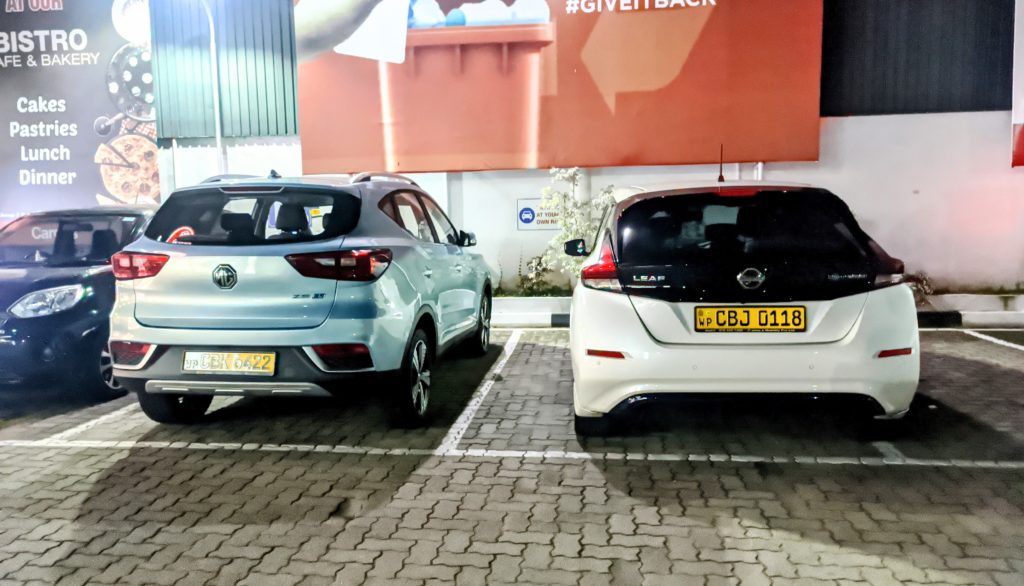
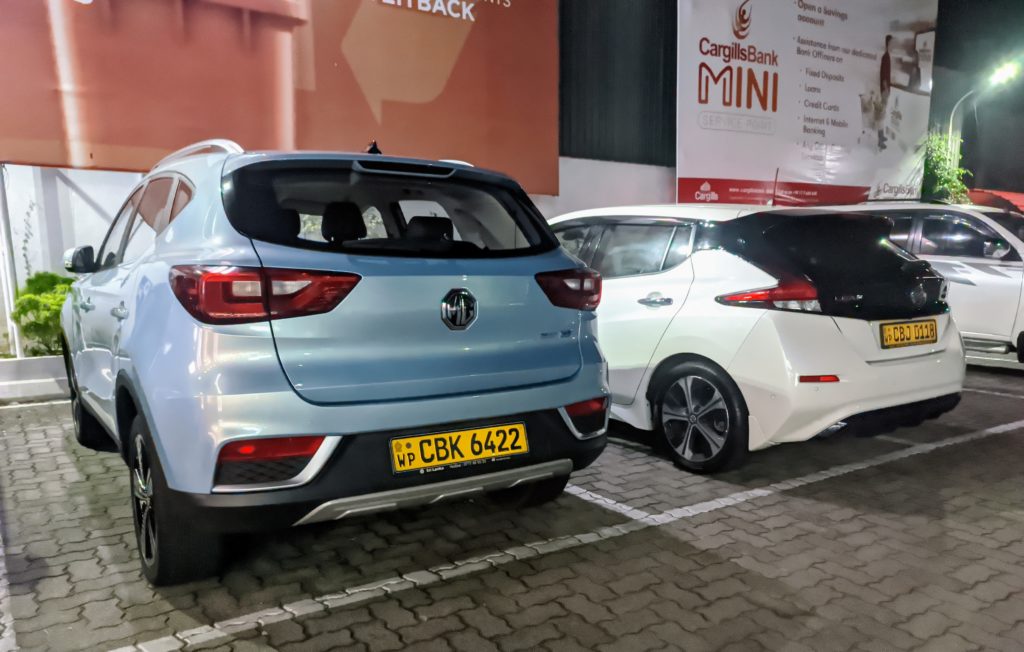
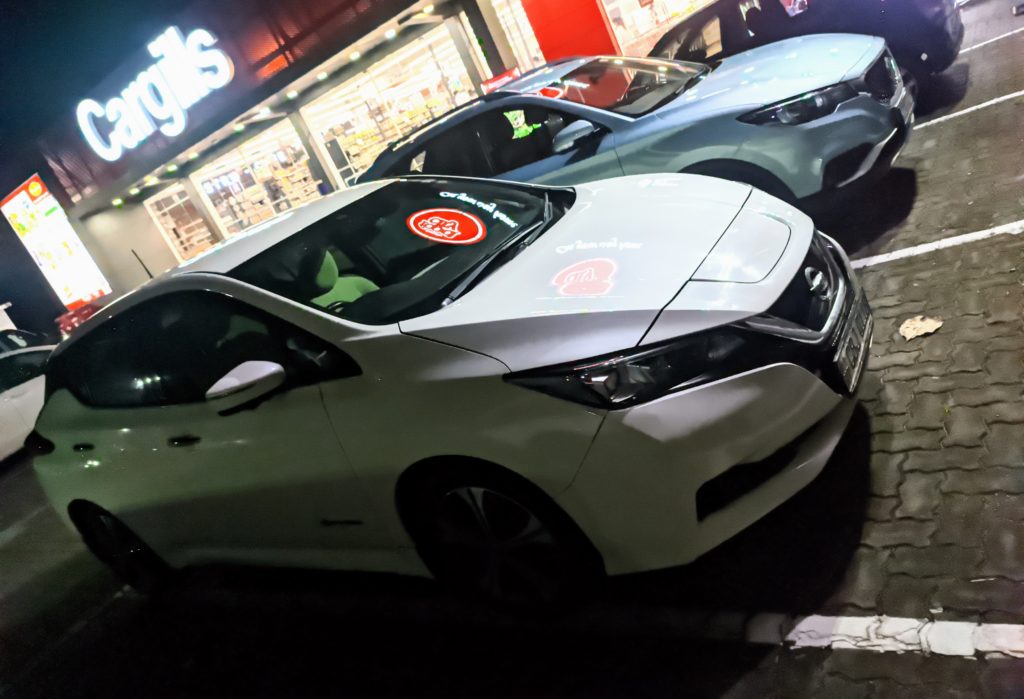
However, the EV s are generally for motorway use and in general local motorways are good. Hence you may think of other reputed brands and products, namely Nissan Leaf, VW iD3, Hyundai Ioniq, Citroen eC4 etc, which all are at 150 mm clearance.
In the unusual case of Sri Lanka s roads, most cars undergo suspension and steering system replacements between 60,000 to 100,000 km based on the terrain and driving. We are experienced with Nissan Leaf (Gen 1, Gen 2, and Gen 3 as well) and BYD e6 (Gen 1) for this phenomenon. Two other brands which were officially announced here lately, that is MG eZS and Hyundai Kona / Ioniq too were faring really well. But not experienced with the other brands yet.
Opinion: Japanese brands are proven for reliable and durable suspension in our context over European. Hence the preference goes for Nissan and Toyota. Even Korean brands have proven their quality lately. Chinese and Indian are yet to prove suspension and steering-related reliability, except for BYD getting sold worldwide, rubbing shoulders with the top-notch.
Space
This is a very need most locals dont pay attention to. Remember, when you get an EV it’s natural that you will be utilizing it for the vast majority of your travel needs due to efficiency, convenience, comfort, etc. All available for now will be 5 seaters, and the front legroom will be similar to most global offerings. The change comes from Shoulder width (the space between front passengers), Rear leg room, and the luggage room.
The largest luggage is been offered with BYD e6 with 580 liters. Then comes the BMW iX3 (510 L) and Nissan Ariya ( 468 L).
Then comes the pack with 425 to 450 Lt capacities, Nissan Leaf, MG eZS, Toyota BZ4X, etc. Pity the popular Hyundai Kona offers only 332 Liters, even lower than the VW iD3 of 380 Liters.
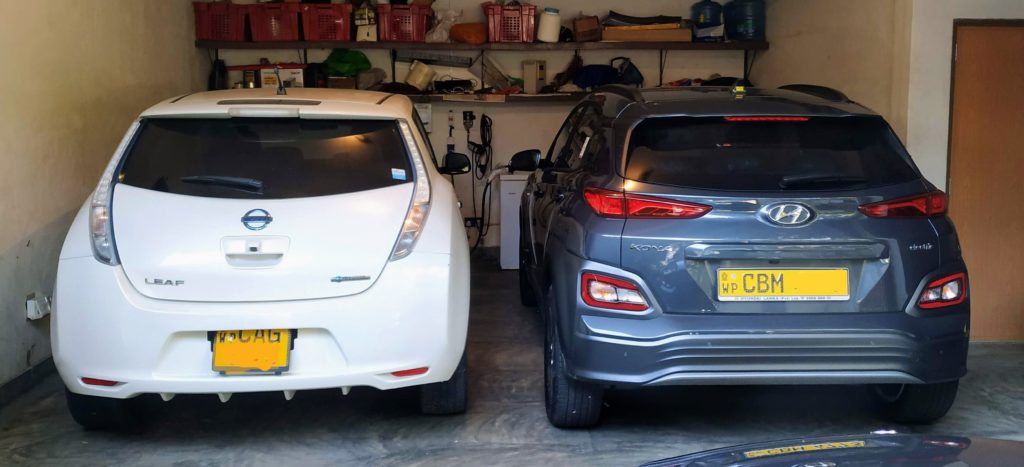
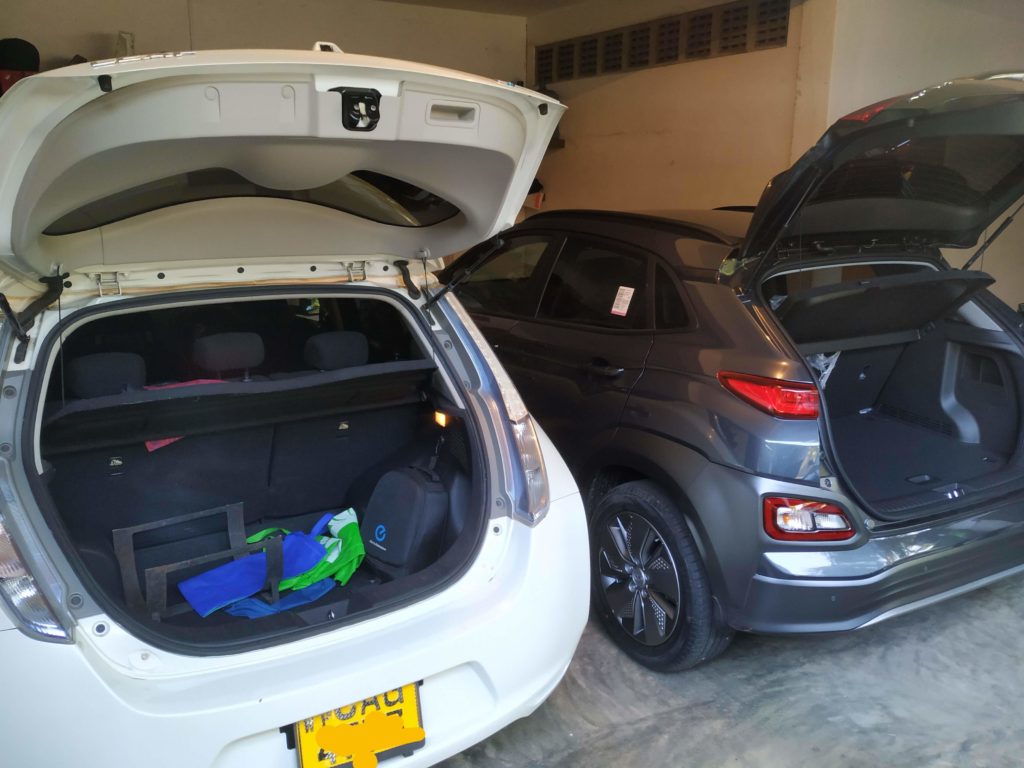
No verdict here, yet BMW iX3 is the winner. Still, Japanse does super designing to maximize the capacities it seems.
Range
Please be sensible, it’s great to have a bigger range as far as you are using at least half of its capacity in two days. Say a minimum battery capacity of 2022 up EV s will be 40 kWh. A family-size EV of this nature will give you around 275 km (we refer WLTP cycle). For an average user with a 100 km daily usage, a 40 kWh battery will be more than enough.
It is natural we go on road trips, and when you have a cost-effective, powerful, and comfortable EV you naturally tend to travel more. But do not buy an EV for that monthly road trip, unless you dont have to pay extra for that. There are charging places, as we’ve been using 40 kWh EVs for the past 3 years in Sri Lanka we know these are capable of running to Trinco, Katharagama, and the like, whilst having a slow top-up during a lunch break. And most hotels do offer overnight charging as well for long-distance travel.
The good thing is most cars come standard with 40 to 50 kWh battery packs, so nothing to be worried about. Hence we do not have any recommendations here.
Out of the available brands with manufacturer warranty, BYD offers the longest range with a 71.7 kWh battery, with a range of up to 515 on the WLTP combined cycle.
Opinion: Sellers and even users may claim various figures based on their opinion. But do not rely on these, ask for WLTP combined cycle efficiency, which is the global standard. That way only you may compare the ranges, correctly.
Homologation
This is something every car manufacturer usually adheres to prior to releasing a model for all destinations. Usually, these are done by sending a test unit and using it prior to an official release. However, these practices can be done in using similar locations, geographies, and environments. But major manufacturers do not customize cars for micro markets like Sri Lanka, hence we get products made for Australia, Thailand, India, or any other similar (as an example).
Sri Lanka has some other differences as well being a tropical Island. Atop the ambient temperature, the high humidity is usually a killer for electronics. It is required to be concerned with the brand and product behaviors in our type of destinations, especially if you are buying an EV without a manufacturer’s warranty. In this case, we have about 4,500 Japanese-made Nissan Leafs that performed well, with their superior electronics. Also, BMW, Hyundai, MG, and Mahindra delivered about 300 units. All other brand usage is limited to 50 units, including Tesla, BYD, Jaguar, VW, etc, hence no opinion can be given. (we do not consider Mercedes B Class which is not with continued production. (In fact, it is a half Tesla)
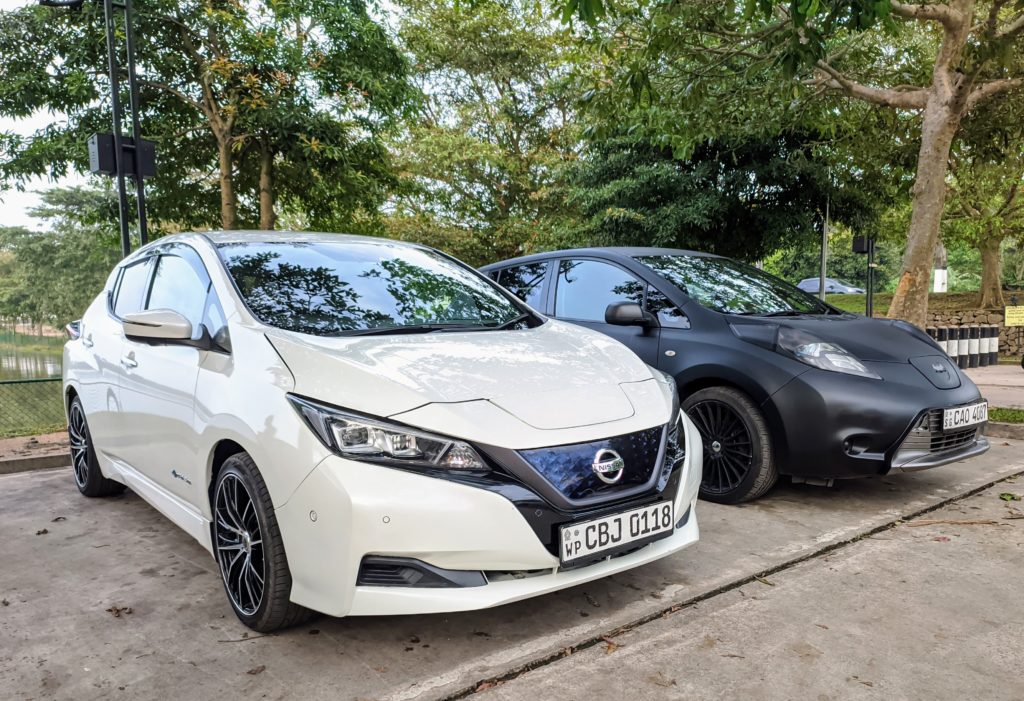
Opinion: BMW, Nissan, BYD, Hyundai, and MG for manufacturer warranty and Nissan and BMW for long-standing usage here.
Charging Compliance
The usual protocol here is CHAdeMO, which is the standard for the Japanese, Nissan Leaf. But the world is more with CCS2, which comes with all major makers except for Tesla and JDM cars. Nissan Leaf is the only car that complies with almost all the DC fast charging stations in the country.
But, need not worry. You are safe with a 40+ kWh battery, to go anywhere on the island even with CCS2. There are a few DC chargers in the towns of Colombo, Pannipitiya, Kandy, Dambulla, Anuradhapura, Galle, and Nuwara Eliya, and will grow.
Warranty Terms
This is a prime concern in making this vital decision. The Warranty can be misinterpreted and/or misguided as well by the dealers as well as some authorized personnel as well.
There are two types of warranties offered in any country or in Sri Lanka.
- Manufacturer Warranty: Offered by the manufacturer, can be honored locally only by a franchisee in the destination. A certificate from the manufacturer will be provided.
- Supplier / Third party warranty: The warranties issued by a third-party warranty service provider through a local seller in the destination country.
Needless to say, the best would be the manufacturer’s warranty. Not to underestimate the third party warranties in case these are well documented and governed, and offered by a reputed party.
There are a few points an EV buyer needs to be considerate of the warranties offered.
- HV(Traction) Battery and the EV need to be separately mentioned in the warranty terms.
- The usual EV warranties are being offered for up to 5 years globally. There can be mileage limitations as well. The terms conditions and exempted items if any need to indicate clearly in the certificates.
- HV Battery warranty is usually for up to 8 years and/or with a mileage limitation. Most importantly the degradation percentage the warranty can be claimed shall be mentioned in the terms. For example, if the battery degrades below 75% of SoH (Status of Health) within the stipulated period or milage the owner will be able to claim a warranty.
- If any pro-rata payment is included in claiming the warranties that too need to be indicated in the same document to avoid later issues whilst initiating a claim.
- The warranty service provider should be having the necessary technical knowledge, trained techs, tooling, diagnostic equipment, and a good reputation in the destination to honor a warranty claim correctly.
- It is very difficult to get replacement batteries/modules from the OEM s or Third parties as of now. Even ordering from the manufacturers is barred for various valid reasons. So the warranty service provider (if not the manufacturer) shall have a countermeasure in case of a claim.
Above are the major concerns, there are more that you need to be inquired/clarified prior to making a purchase. Especially since the battery and EV technology is still new, and fast developing. The next section will elaborate on this.
There are only 5 brands that offer manufacturer warranties in Sri Lanka as of now. That are NISSAN, BMW, HYUNDAI, MG, and BYD. We are yet to review some of their terms in full.
Please note no warranty comes free of charge, please evaluate the product you consider buying for its warranties, along with the price.
Reliability & Dependability
EV s are the new kids on the block, although the automotive industry is 100 years old. In fact EV s were there even with the inception of Automobiles. But faded away with the power of the fuel companies and the fast-developed infrastructure for refueling. The new generation high powered, long-lasting Lithium Ion batteries have been stated to get fitted to commercial production cars by 2010 only.
New products present new problems as well. Leave the electronics of the EV aside, the trade has not learned even 10% of the behavior of the batteries we think. Moreover, most of these products have not been tested in the particular destinations as well indicated in the Homologation section.
Consumer Reports (CR) says;
- Electric vehicles are among the least reliable cars in the automotive industry today, according to Consumer Reports rankings released in November 2022.
- Reliability issues with all-electric vehicles were expected since most automakers launched fully electric models just in recent years.
Only Tesla and Nissan are exempt from this being early leaders. Added to the woes, we are a highly humid country with an ambient temperature of 32 degrees. One good news is that most of the EV s available in today’s market are with active or liquid battery cooling systems better facilitating the temperature during operating times. Still, the whole world is on a learning curve and our curve is even bigger and slower due to lower units in operation.
Opinion: It is always safer to rely on a time-tested product at the destination unless there is a manufacturer warranty. Not only batteries, parts, and repairs, but even the diagnostics are also a tough ask for over 90% of the globally available products in Sri Lanka as of now (Dec 2022)
Specs & Features
All of the available cars are with basic full option stuff, as we call usually. But some EV s with additional features come with no extra fee. Some of these are useful features and some don’t. Here is a list of those useful features you may check out prior to deciding.
- Auto Parking: This feature parks your car autonomously, with no need to touch the steering wheel, brake, or throttle. And this works precisely for parallel parking as well, where the lines are present. Available products – Tesla Model 3, Nissan Leaf ZE1, BME iX3.
- Auto Pilot, Pro pilot: The EV will keep your car stick to the marked lanes without the need for steering. But you are required to touch the steering from time to time. Available with Nissan Leaf, and Tesla.
- Lane detection: Warns you of the lane changes by making beeps/steering vibrations.
- Auto braking – Using the cameras. Available with most.
- 360-degree Camera. Surround-view.
- Single peddle driving: No need to use the brake peddle.
- Adaptive cruse control
- Android Auto / Apple car play: This makes all the features available in your phone in the EV display including the Maps, Voice command, WhatsApp, Spotify, Streaming etc.
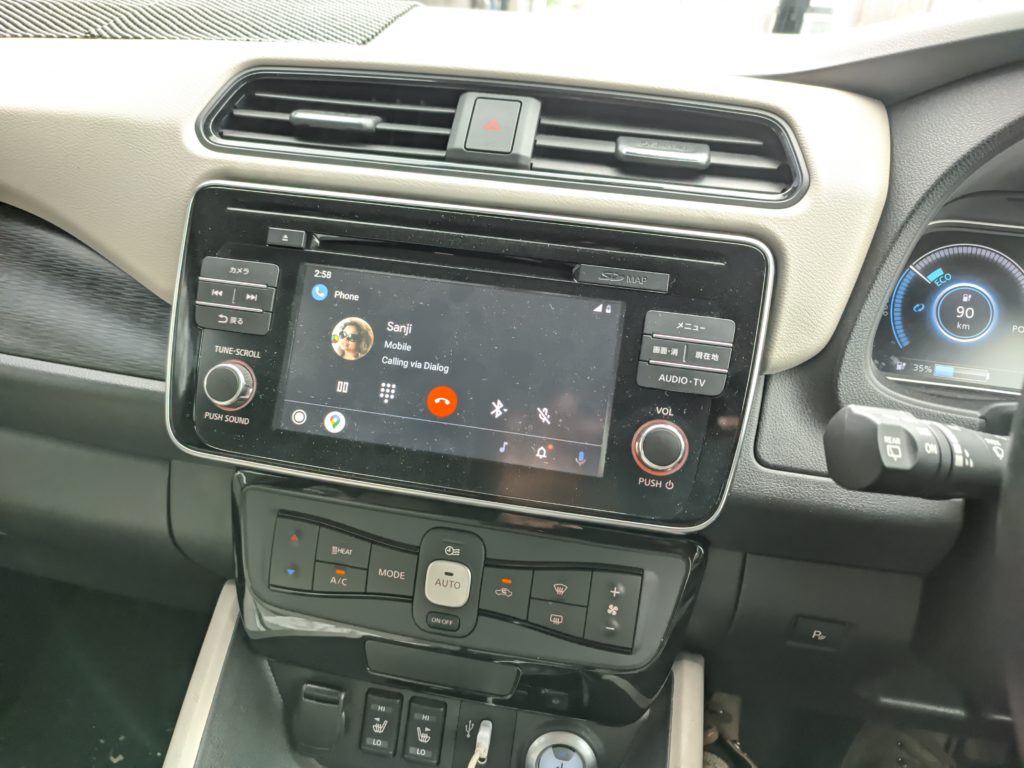
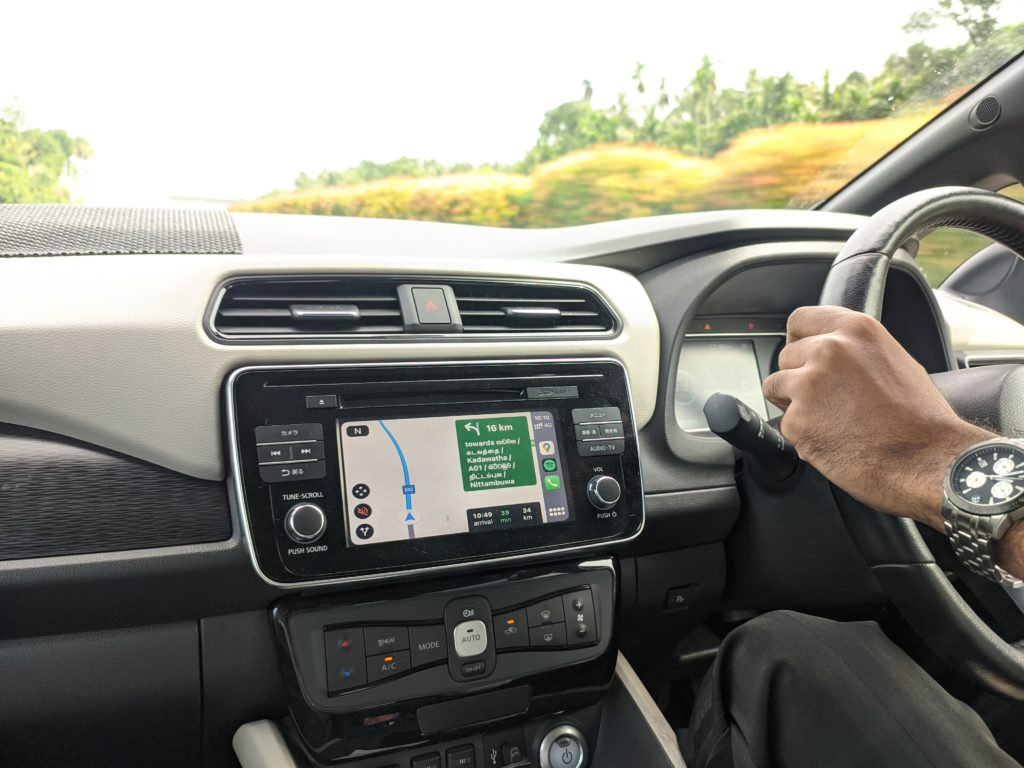
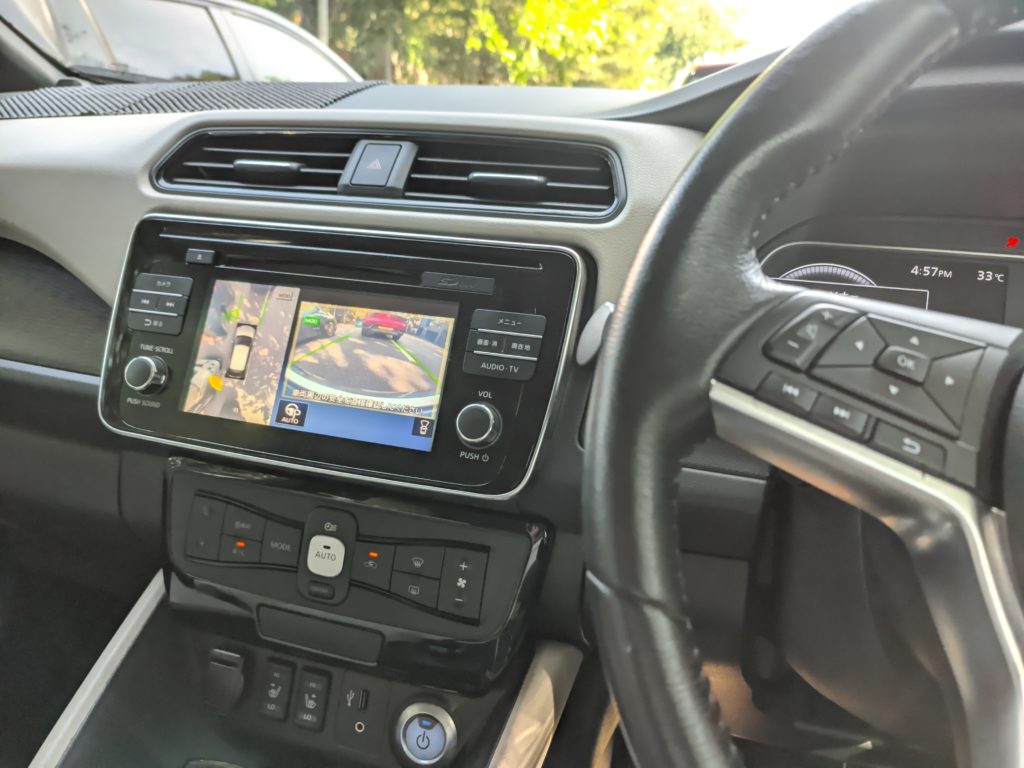
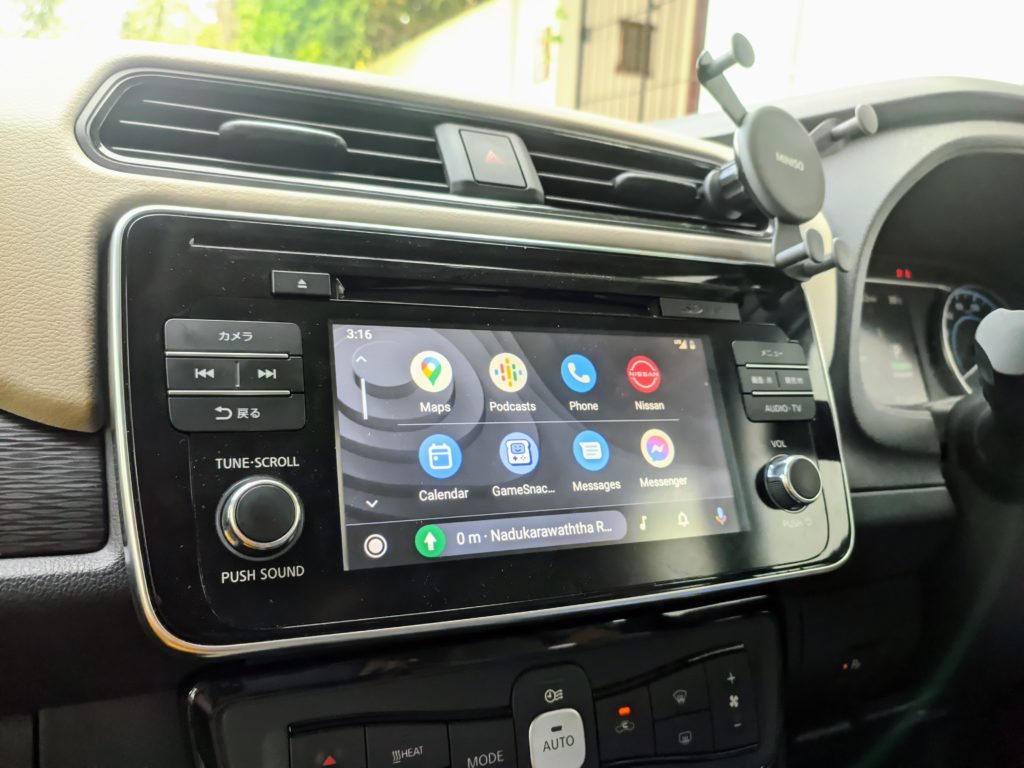
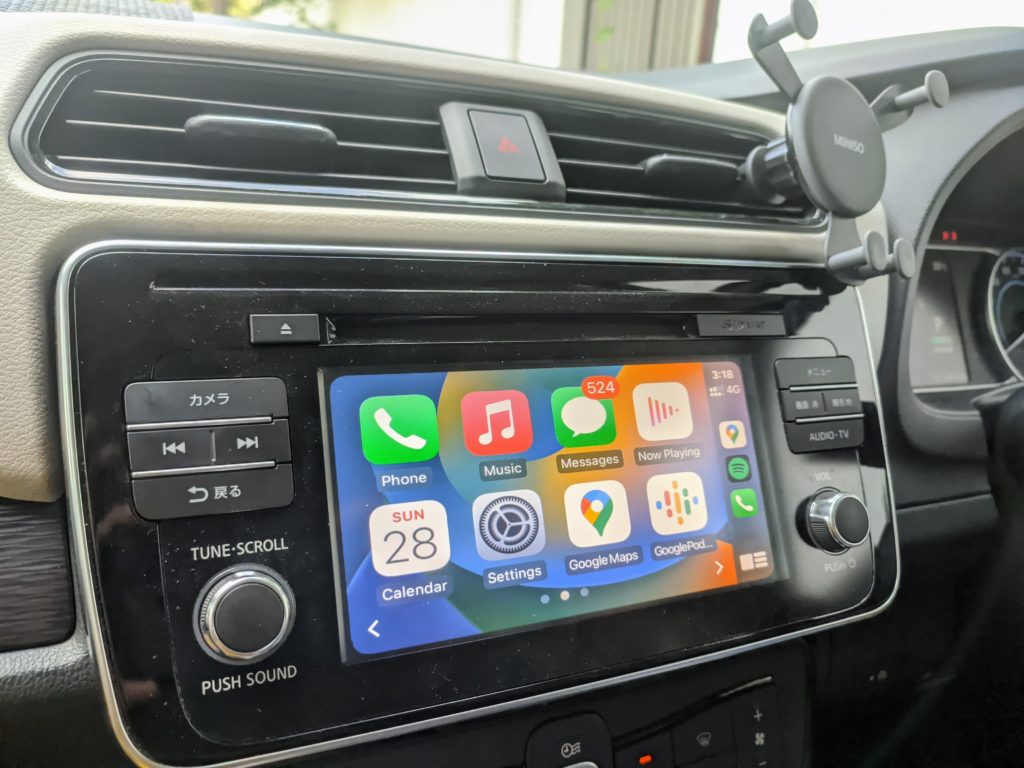
Please inquire from the respective sellers/agents of the availability as these features may differ greatly among brands and different trim levels as well.
Technical Compliance
It is the question of whether the country is ready to cater to the new service and repair needs of the new mobility. The companies like BYD and TESLA who jumped ahead with all EV platforms got new ways of handling their service calls, moving towards measures like online diagnosis and on-site repair, etc. It has been said 80% of the Teslas issues can be diagnosed remotely and they are dispatching techs to the car after knowing what to do at the site, precisely.
Going beyond they even rectify the issues remotely. You may have heard about their long-standing over-the-air software updates. Now, this is all about new strategies in cutting down the heavy costs of providing aftersales services at brick-and-mortar facilities, which is the bread and butter of local automotive dealerships.
When the newer cars add the technical complexities atop these to our dealership no wonder the investment required to facilitate up to 8 years of warranty and beyond becomes a tough ask. Only a very few local dealerships are trained for these and hope they have needy SoP’s in place. BMW, BYD, Hyundai, and MG dealerships are capable of handling these we learned (To be confirmed)
Being here for a decade only Nissan Leaf has enough ways and means to service and repair beyond dealerships, and also the parts for the new model, which is Japanese. When it comes to electronics there are major differences between its UP Sunderland built version, which is difficult to address.
Repair & Service barriers
Reliability issues with electric vehicles are expected, since most automakers launched fully electric models in recent years, said Jake Fisher, senior director of auto testing at Consumer Reports. He said companies have not had time to iron out issues that impact reliability. Since electric car buyers tend to be tech-loving early adopters, automakers also pack the models with a host of other features, which could also lead to problems.
“The automakers are using EVs as a technological testbed for whatever new technology they want to try out,” Fisher as CNBC reports. “By having all this new technology, there’s a lot of potential problems with them.”
Consumer Reports surveyed owners of more than 300,000 vehicles from model years 2000 to 2022 and used that data to make predictions about the reliability of 2023 model-year vehicles.
Not only CR, even the JD Power study also shows the reliability issues are much higher on EV s, despite the fact that owners don’t mind it and these issues were well supported in the countries tested. WhatCAR has done its own survey too, to find out 2010 ~ 2018 Nissan Leaf was the most reliable even during 2022, needless to say, the test of time matters a lot, and the Japanese precision!
MG is at #2, and Hyundai Kona is not with a good rating, occupying the #11 spot! Tesla Model 3, Nissan Leaf ZE1, and BMW i3 occupy 5,6, and 7 places respectively, WhatCAR reports.
In fact, Nissan Leaf has a great repair and service capability in Sri Lanka, even beyond the local agent which is a very good sign. Not only, parts availability is also almost 100% when it comes to Leaf in Sri Lanka due to its used parts business with Japan.
Verdict: Nissan Leaf beats the rest, if it meets the other needs of the users, unless going for a product with a manufacturer warranty and parts availability beyond warranty.
Brand, Cost, Investment
WIP – We are still compiling and analyzing the data in the local context. To be completed soon – please revisit.
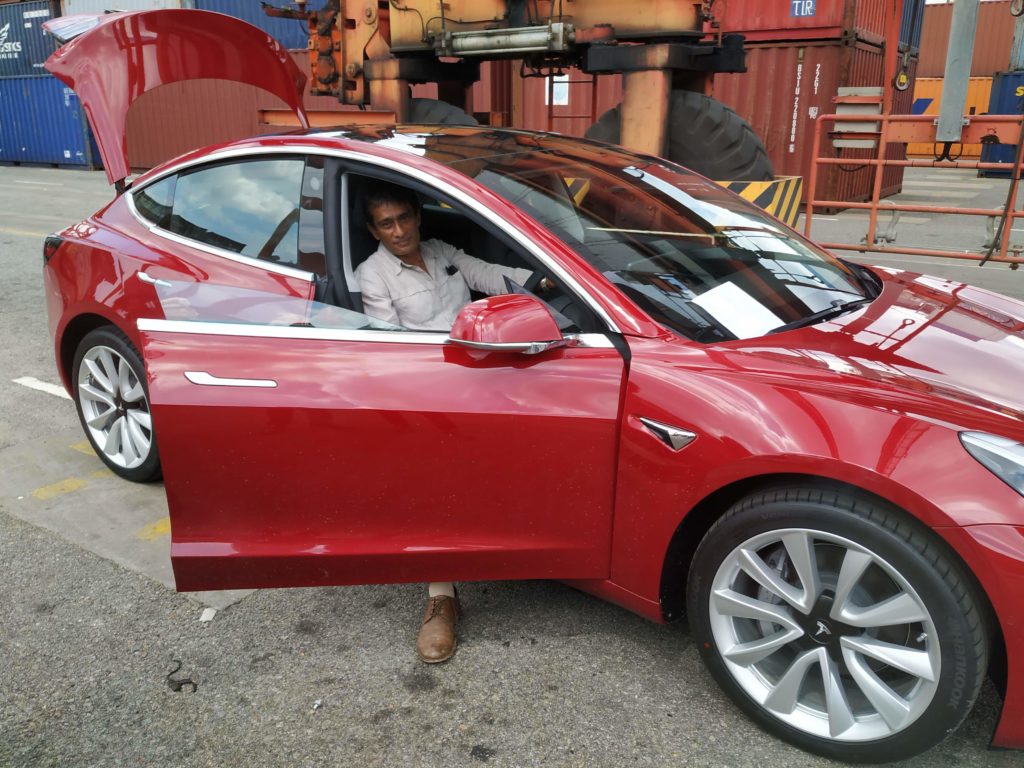
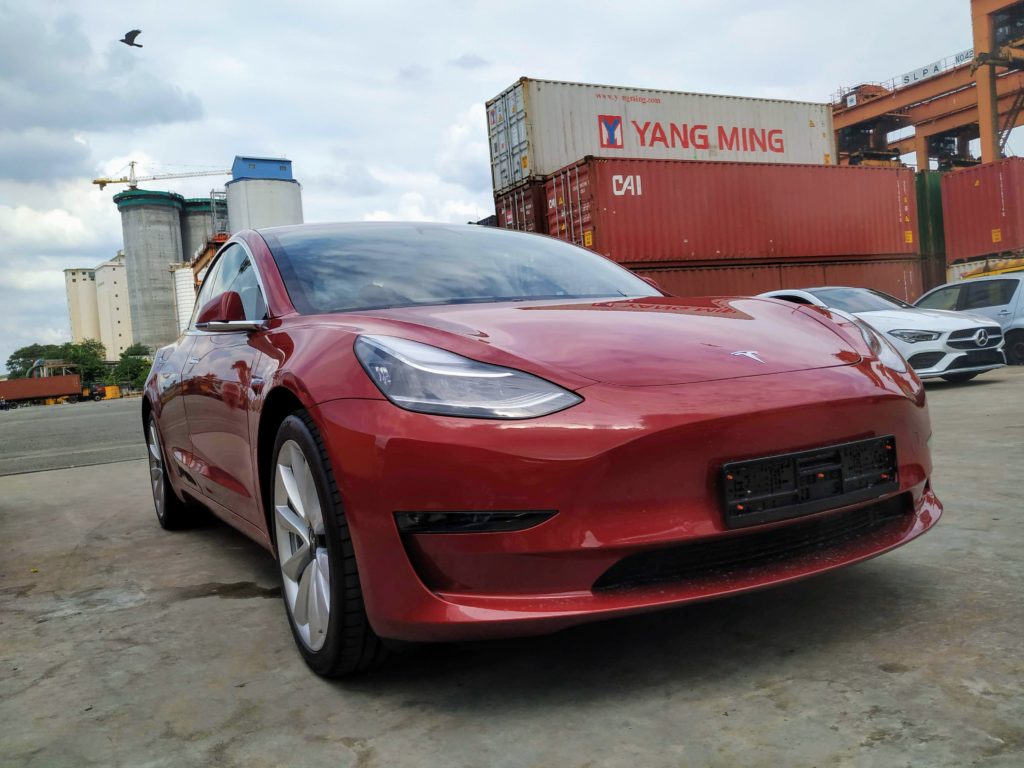
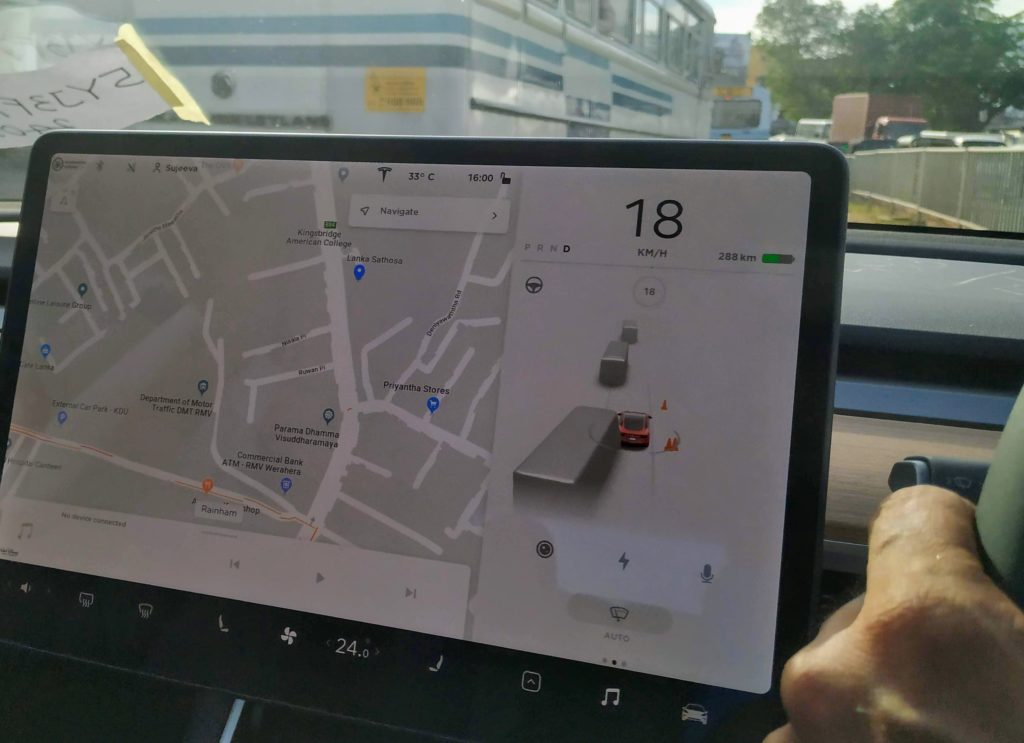
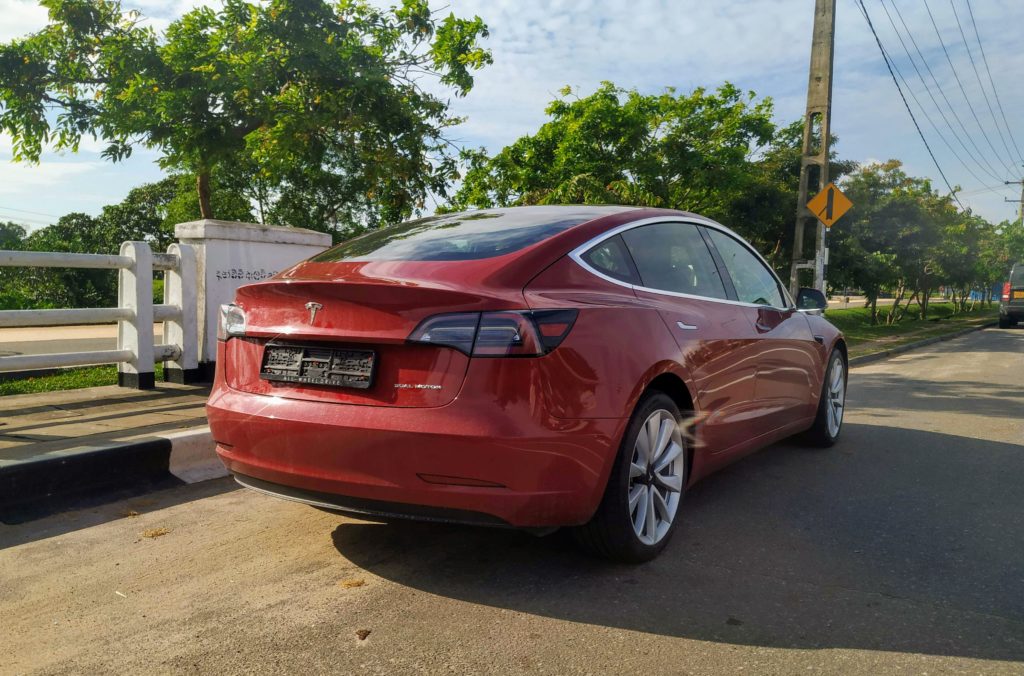
Resale Value
Not only in Sri Lanka, anywhere in the world resale value plays a major role in the decision-making process. However, the way we decide on the resale value is wrong, where we don’t count the EV savings over years as well as the fuel, oil, service, and repair costs of ICE. Read more about it here, a pre-import ban writeup. https://mobility.lk/2020/02/05/are-ev-beneficial-locally/
However, the thinking of second-hand/preowned car buyers thinking is different. They are not paying the premium for most reasons new car buyers consider. Following are the facts affecting the resale values in Sri Lanka, according to the thinking of used car buyers.
- Ability to repair beyond dealerships
- Reconditioned (used) parts availability
- Time tested products
- Being a popular choice
- Lower purchase price
- Possibility of HV battery replacements locally
To be continued………….//
Conclusions
Purchase decision-making is very personal. Not only the importer/end-user scenarios under this license there will be a reselling aspect of the EV as well. This happens in the cases of the privileged license holders not staying enough in the country but deciding to utilize the opportunity as reselling of the imported EV s allowed with conditions.
Hence the importers need to consider what will have the best value to the next buyer as well based on the country’s context. It is the purpose of the end-user and the importer needs to consider the above points in the eyes of the user.
The good thing is the flexibility of changing your decision, until the point of establishing LC. Think wisely, you will be greatly rewarded with this valued opportunity with the right EV!
Reach us at evsrilanka@gmail.com or call/WhatsApp +94 777 007 139
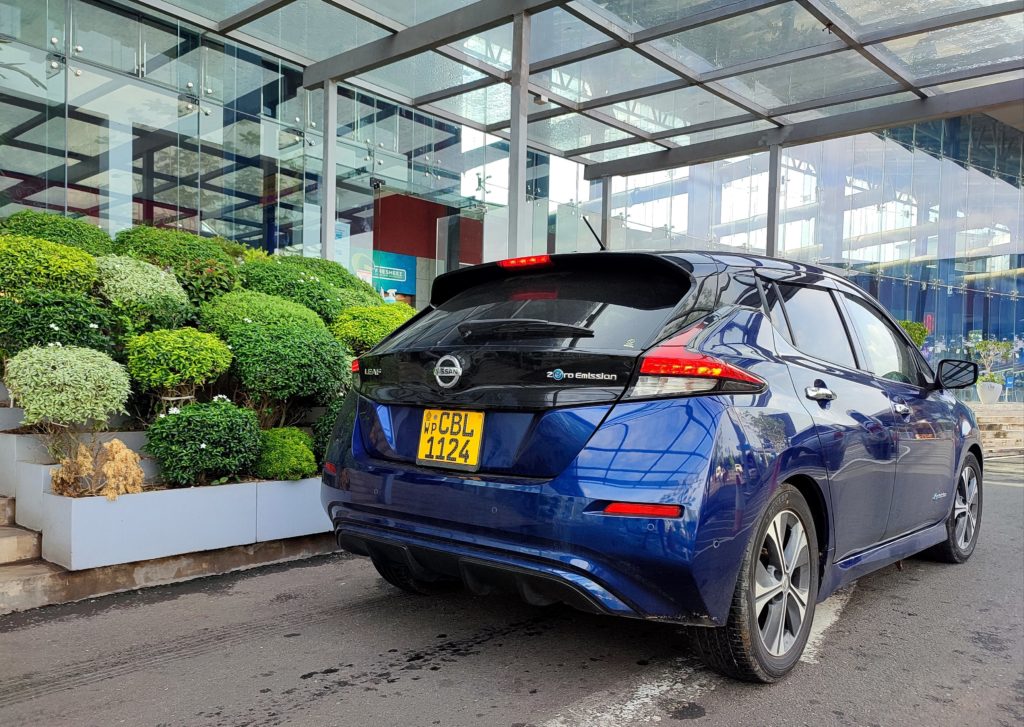
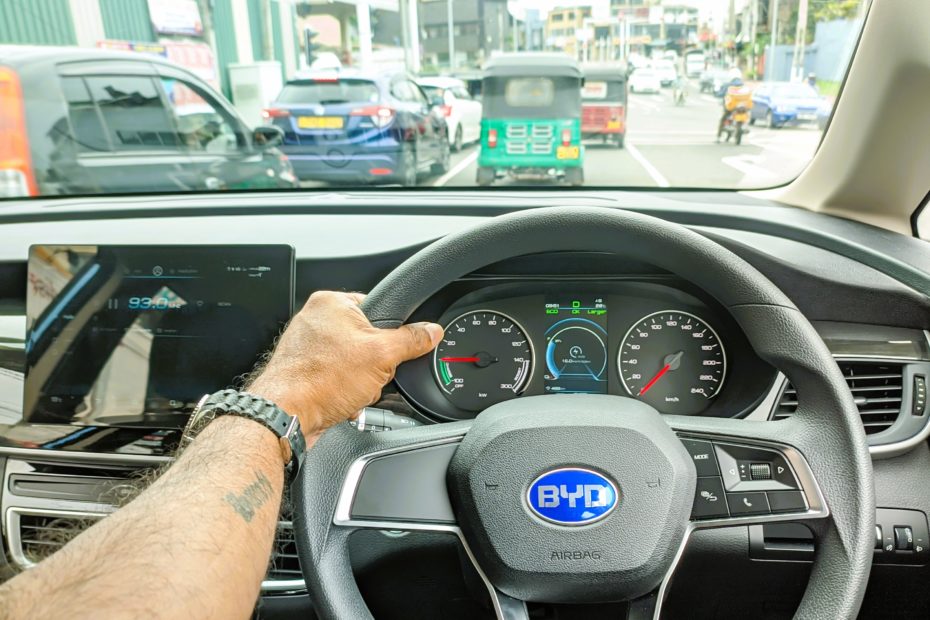
There are so many evs made in india and none have been reviewed unfortunately
Appreciate the feedback!
Yes, there are a few, and a lot from China as well. Unfortunately, none of these are available yet to test here. Will be doing it soon. But we should mention that only a test of time will tell the most! Please read the sections on teething problems and technology!
*UK Sunderland plant was misspelled
*wrong labling of picture under clearance and terrain.
*you may subsctibe for “ev universe” weekly news letter for latest email updates of ev news around the world if you are not already subscribed.
Thank you for the valued feedback, action will be taken accordingly!
If your usage is low, your bigger battery has a longer life and you have an insurance that you can take longer trips without worrying about charging. So if you can afford buy a bigger one. EV is the future. Tesla changed the world of negative thinking regular car manufacturers and everybody joined EV band wagon. EV had been there over a decade and it had come age. Chinese are leapfrogging in manufacturing of EV cars. For sure few Chinese car manufacturers will replace big car manufactures in Europe and USA. Like Huawei bankrupted many big Telecom giants.